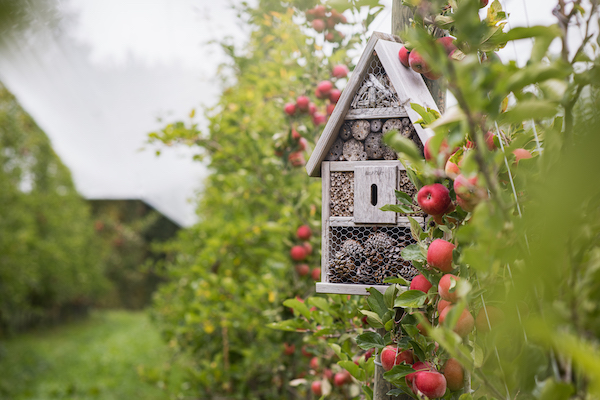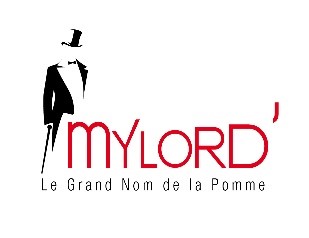
EU: “With the Swing Bio, we are developing the orc
18 March 2021 - Media Release - Fresh Plaza
It is the second year on the market for the Swing Bio. This apple is produced exclusively organically in France by a group of 35 producers.
Baptiste Geoffray, development manager for the Swing apple, indicates that the marketing is going well. “Today, the apples are mostly sold in France, but also in Germany, England, the Benelux and overseas. They are available from mid-November until June. This apple ripens throughout the campaign and remains crunchy and full of flavors until the end of the season.”
The group of Swing Bio producers wants the development model of the Swing to be innovative and to bring something new to the organic apple sector, with a positive impact on the environment. “First of all, the Swing Bio is exceptionally resistant by nature: resists scab, tolerates aphids and is not very susceptible to storage diseases. It is particularly well adapted to organic farming.” The group relies on this strength of the variety to implement two projects in the orchards. “First, 100% of our Swing Bio production is committed to the Bee Friendly label. This label was created by beekeepers in order to develop good agricultural practices for the protection of pollinators. We want to mark our commitment to this virtuous approach. Additionally, we will be implementing a biocontrol approach to pests as of this year.”
The biocontrol of pests will be mostly carried out by creating flower strips. “These flower strips are not planted randomly. For each pest, we look for the parasitoids that will limit its population. The larvae of the small hoverfly wasp, for example, eat aphids. We look for the plants that the parasitoids need for their growth and we plant those in or around the orchard.” Entomologist Johanna Villenave Chasset helps them to develop this technique.

Baptiste adds that Swing orchards must be full of life. “If only apple trees grow in an orchard, there is plenty of room for pests. A more complex ecosystem in the orchards can slow down or even limit the pressure from certain pests. In this respect, the organic, Bee Friendly and biocontrol approaches are perfectly complementary.”
For more information:
Baptiste Geoffray
Mylord – SWING.BIO
Phone: +33 6 42 76 89 20
bgeoffray@mylord.fr
www.swing.bio